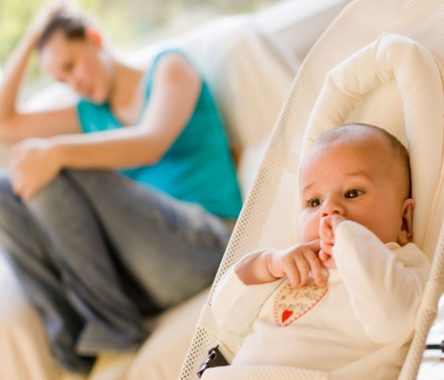NHS England has announced plans to make community perinatal mental health services available to women in all parts of the country by April next year.
Funding for specialist community services and inpatient mother and baby units across England will allow at least 30,000 additional women to access perinatal mental health services closer to home.
NHS England has announced that £23m will be spent on rolling out services across the country to make evidence-based treatment and support available to all new and expectant mothers.
It said in a press release: ‘The health service is now spending £23 million rolling out the second wave of community perinatal services to underserved parts of the country and is on course to achieve full geographical coverage, when as recently as 2014 it was estimated that only three per cent of the country had good access to perinatal mental health care.’
Claire Murdoch, national mental health director for NHS England ,said: ‘Mental ill health doesn’t discriminate. It can happen to anyone at any time and it disrupts life not just for mums but the whole family, which is why we are absolutely committed to driving forward improvements in care and ensuring this important area of mental health continues to get the attention it deserves.
‘NHS England is also pressing ahead with plans to open four new, eight-bedded mother and baby units, throughout 2018/19, which will provide specialist care and support to mothers in parts of the country where access has historically been a problem.’
A 2017 study revealed that only 7% of women who experienced a perinatal mental health condition were referred to specialist care, with some of those were referred having to wait up to a year to receive treatment.
Experts cited ‘extreme pressure’ that GPs were facing and a lack of access to specialist services as reasons for why women were not receiving the help they needed.
Pulse October survey
Take our July 2025 survey to potentially win £1.000 worth of tokens













